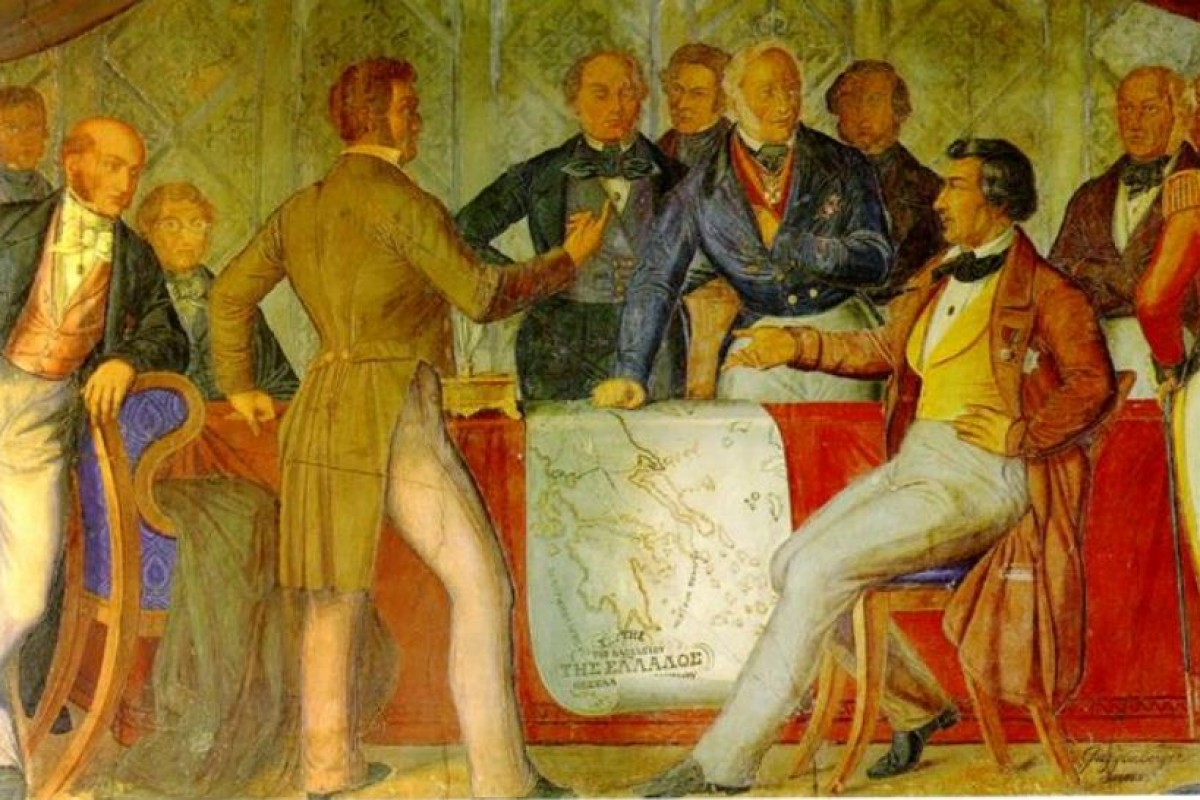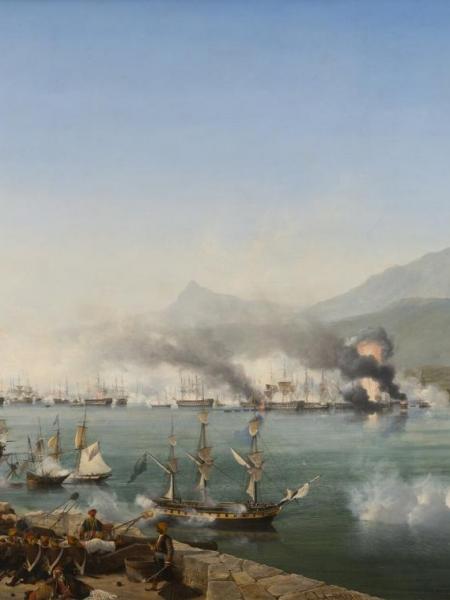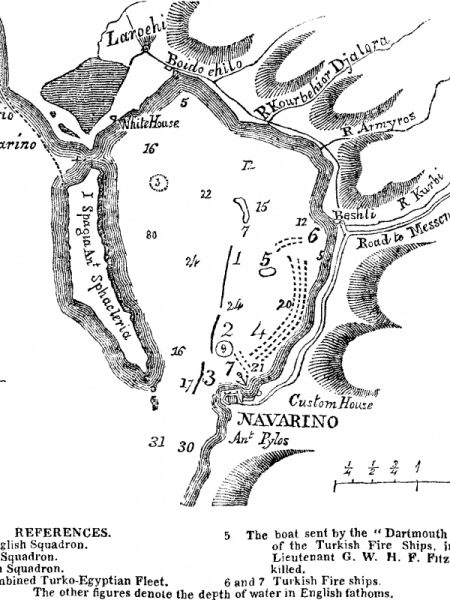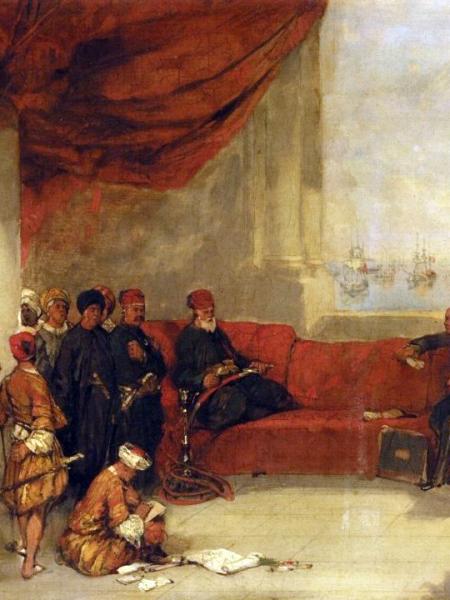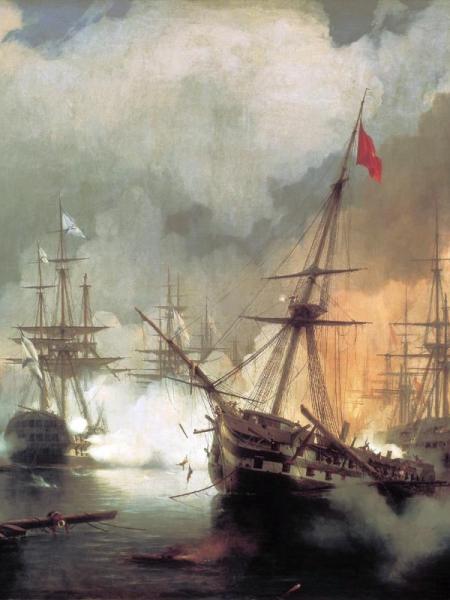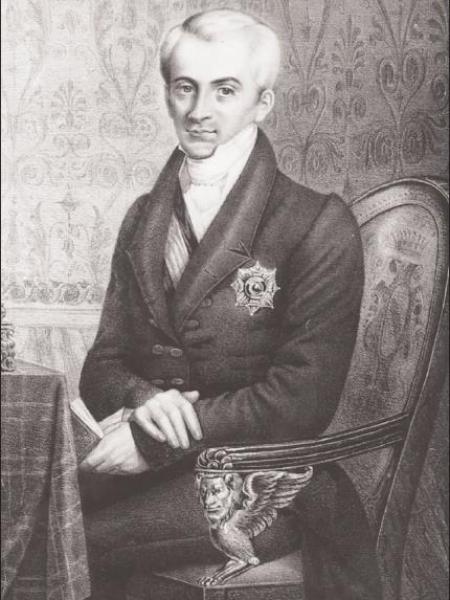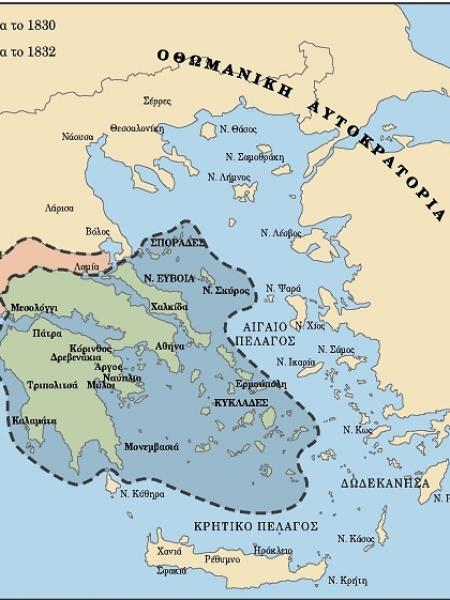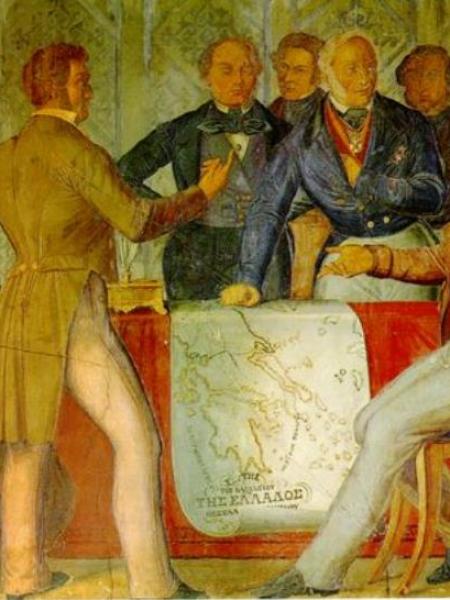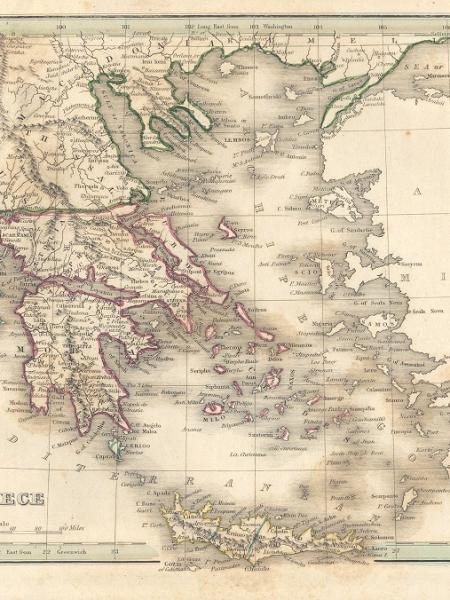Month of Revolution | The Greek State
THE GREEK STATE
But ... how did the revolution end?
Greeks have been fighting for their freedom and independence for about seven years! When the revolution begins in March 1821, the Filikoi know very well that victory is on their side. For what reason; The Ottomans have already sent most of their army to Asia to fight the Persians, and so they cannot defend attacks in different areas. Thus, the Greeks have won many battles in the first two years of the revolution. And actually… without having any help from anywhere!
England, France and Russia –known as the three Great Powers – don’t help the rebels at the beginning of revolution, but in fact they completely disagree with this decision! Of course, they change their point of view from the third year of the revolution. For what reason? A little bit of the Philhellenes who support and participate in the Revolution… a little bit of the Greeks’ victories … a little bit of their interests for Greek regions… and so in 1823 England decides to defend the revolutionaries. After a while Russia participate in the Revolution.
So, after the Great Powers decide to take part in the revolution to solve the "Greek Issue", they ask both sides, the Greeks and the Ottomans, to declare a truce and start discussing how to create the first and free Greek state. Of course, the Ottomans disagree not only with their decision, but also with their participation. And so, on October 20, 1827, they meet the Great Powers’ navy in Navarino Bay, west of the Peloponnese’s headland. The naval battle of Navarino is the most important battle of Greek Revolution! The Great Powers win! The Ottoman fleet is completely destroyed. After seven years, the Greek Revolution is coming to an end. After their defeat, the Ottomans are forced to pull out from the Peloponnese and then Central Greece. The liberation of Greece is nearby!
Although, the Ottomans disagree with all the decisions of the Great Powers, they are forced to obey and gradually pull out from the rest Greek regions. On September 12, 1829, the last battle of the Revolution took place in Petra, Boeotia, where the Ottoman army negotiated for the first time with the Greeks. They sign the Peace Treaty of Adrianople, with which the Ottomans recognize the independence of Greece.
The Greek Revolution is coming to an end! After the battle of Petra in Boeotia, England and France proposed the independence of Greece. The negotiations conclude with the London Protocol signed by the Great Powers on February 3, 1830. According to this, the political independence of Greece is real and the new state’s borders are on the line Achelous-Spercheios River. Two years later, in 1832, the borders of the Greek state grew and reached the line of Ambracian Gulf - Pagasetic Gulf.
The Ottomans accept and recognize the new borders. After ten years of conflict, the first independent Greek state is now a fact! Greeks are gaining their freedom and independence!
EXPLORE:
- The naval battle of Navarino was one of the most important battle at the end of the Greek Revolution. Not only this battled led to the freedom and independence of the Greeks, but also because it was the last naval battle in history that took place entirely with sailing boats. Never in history before so many ships have been found with such great power in such a small space! How did the naval battle take place? Read some information about the battle here and observe the battle's plan here. How did the Great Powers win? If you want, you can see Navarino Bay in the video here as it is today.
- Ioannis Kapodistrias was the first Governor of the new Greek state, after the Third National Assembly held in 1827 at Troezen. Did you know that there is his museum on the island where he was born, in Corfu? Let’s visit it! Click here to see some photos of his house. Don’t forget to find at the Museum's collections the medal of Kapodistrias with the red cross! Why did they give it to him?
- The London Protocol is the first official diplomatic action to recognize Greece as an independent state. That is why it is also called the "Protocol of the independence of the Greek state". The Protocol was signed by the proxies of Great Britain, France and Russia, who agreed and decided that Greece would be an independent state. But how is this document? Click here and see the first page from the official protocol document. Click here to see in English Protocol 1, the first of 11 articles declaring independence in writing: "Greece will establish an independent state and will enjoy all the rights, political, administrative and commercial, attributed to full independence."
